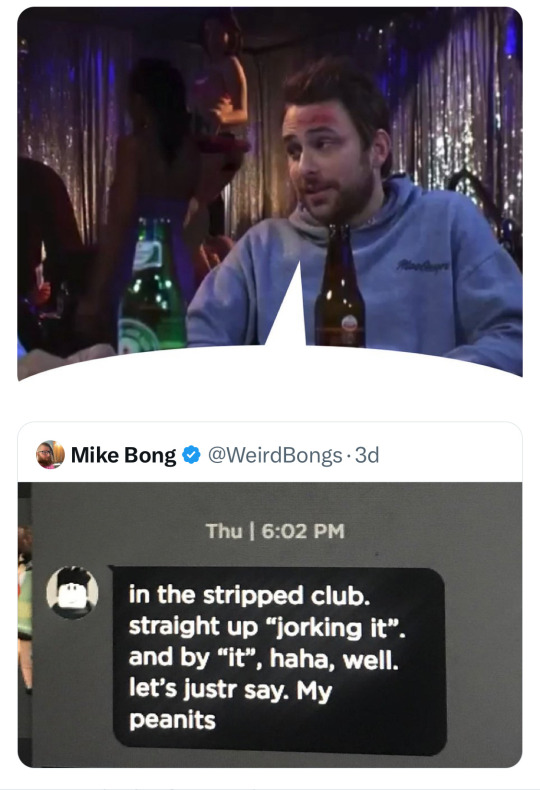#works better as a twitter screencap than editing it properly
Text

964 notes
·
View notes
Note
how do you make your webs, like finding so much information that pertains to one idea? do you save every piece of media that you come across that speaks to you, or do you have a particular method of searching?
Good question! I only started this blog a couple months ago, so even though I have been trying to document media I come across now, it'll take a while for my own 'archive' to be full enough to reference - I actually use the goodreads quote function a lot (although, beware, there is a lot of rubbish there, a la Cassandra Clare and JK Rowling) as things are pretty well tagged to an extent, and I use tumblr to search the 'web weaving' tag for ideas relating to what I want - for example, I found some pieces of my most recent web on 'the watcher' aka male fantasies by searching 'web weaving the male gaze' and scrolling down to see if I saw anything I felt would fit. I'll also go manually through my own 'words' tag on my main if I vaguely remember something relevant, and I do occasionally go through other, much older (and better) web weaving blogs - here I will plug the incredible @luthienne whose incredible weaves and archive actually made me decide I wanted to make my own web weaving sideblog rather than just stick to keeping it all mixed into my main, very crowded blog - using tumblr's (incredibly temperamental) search function with relevant key words.
The majority of my webs do come from my own (dubious) memory, such as the Only Ever Yours quote from 'the watcher', which I read when I was seventeen or so and stuck with me, or the Dead Like Me screencaps in the 'grief in tv shows and film' web where Clancy talks about thinking he had more time with George. But often I'll remember a quote, but not remember where it's from, and that's where these other search functions become particularly helpful. If you want a part of a book, archive.org is a free resource full of books scanned in by libraries that you can borrow for free online for anywhere between an hour and two weeks, and it also has a search function where you can type the part you're looking for into the search bar and it'll tell you exactly which page it's on (and I'd actually recommend archive.org for reading full stop, whether its for work or leisure, it's an amazing resource and helped me get through my dissertation). Sometimes this search function doesn't work, or it's awkwardly spaced out or some other issue, which is when I enlist my good friend Paint 3D and screenshot and crop, highlight, underline and otherwise edit it until it looks how I want it to. Similarly, with song lyrics, lyrics.com (despite being one of the worst formatted sites I've ever seen) does a pretty good job of matching the lyrics you remember to a song, which can then be searched elsewhere (I'm partial to genius.com, but once you have a name and an artist, you can find lyrics in dozens of places) for a cleaner presentation.
I also use TinEye, a reverse image search extension to properly source what I use; there's nothing worse than using an image or quote without proper credit, and that allows you to look for the earliest use of an image that isn't from pinterest/weheartit. A good example is this image which I found on a grunge aesthetic board - I popped it in TinEye (google image reverse search is alright, but it doesn't give you dates and only really works for famous artists/artwork, everything else it uses from a 'most similar' basis rather than an exact match) and it came back one weheartit, one flickr favourites page, one pinterest board, and a twitter. I clicked on the twitter, and unfortunately it had been deleted; however, it gave me the twitter name ezoreno in the now broken link, which I put on the image after a quick scour to double check somebody under the same name was not on tumblr or instagram or some other social media that I could link to instead.
Lastly, I do use 'ranking' lists if I'm unfamiliar with a topic - although I used several shows from my own memory for the 'grief in tv shows and film' web, there are several I used despite never seeing the shows - Charmed, Buffy the Vampire Slayer and Wandavision were all shows I've never watched but had seen specific moments referred to in a Buzzfeed article, which itself was ripped from a reddit thread. One of the replies I got on it, funnily enough, was saying how The Walking Dead should have been included - they're probably right, but as I responded, I haven't seen The Walking Dead and in my search didn't come across any specific moment mentioned that I could've found (episode numbers and transcripts are great for locating where in the episode to cut to).
In short, I research and borrow and cut and copy; in other words, I cheat. Hopefully this demystifies the process a bit (and stops me feeling like I'm tricking people into thinking I'm smart/at all organised).
28 notes
·
View notes